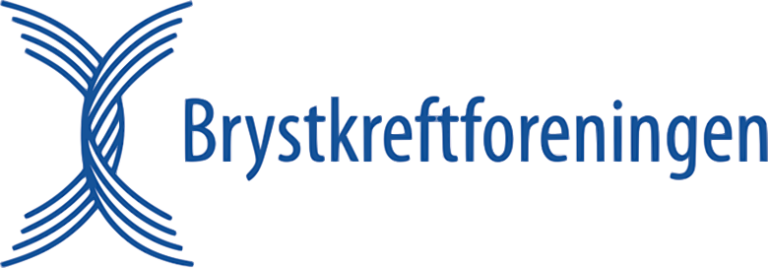For cancers to grow and spread to other organs in the body, new blood vessels have to be formed to supplement the tumor with oxygen and nutrients through a process called angiogenesis. The NeoAva study examines the effect of the drug bevacizumab (Avastin) that is meant to inhibit the formation of new blood vessels, thereby giving the tumor decreased blood flow and less nutrition. In this study, cancer patients with large tumors were randomized to receive or not receive bevacizumab in addition to traditional breast cancer treatment. Tissue biopsies and blood samples were collected before, during and after treatment in order to see how different treatments affect the tumor metabolism, and to look for biomarkers for prediction of treatment response.
Researchers at the MR Cancer group have already examined how the tumor metabolism is affected by the drugs in tissue biopsies from 122 patients using magnetic resonance spectroscopy (MRS). We found metabolic differences between patients who responded to the treatment compared to non-responders after treatment was completed, and the results give us an insight into the mechanisms that lead to treatment resistance. We could not predict which patients would respond to bevacizumab treatment before treatment, but we measured that glutathione, one of the body’s main antioxidants, was affected by the treatment. Patients included in the NeoAva study are being followed up, and we will investigate whether metabolic tissue profiles before, during or after treatment can be related to patients’ risk of recurrence or death from breast cancer.
Further, we will examine how the metabolic changes measured in tumor tissue are affecting blood metabolism using serum samples from the same patient. Blood tests are minimally invasive compared with tissue biopsies, and provide a unique opportunity to monitor the effect of drugs during treatment. We will investigate whether this can be related to treatment response, the risk of severe side effects and patient survival.
PI: Tone F. Bathen, NTNU.
















